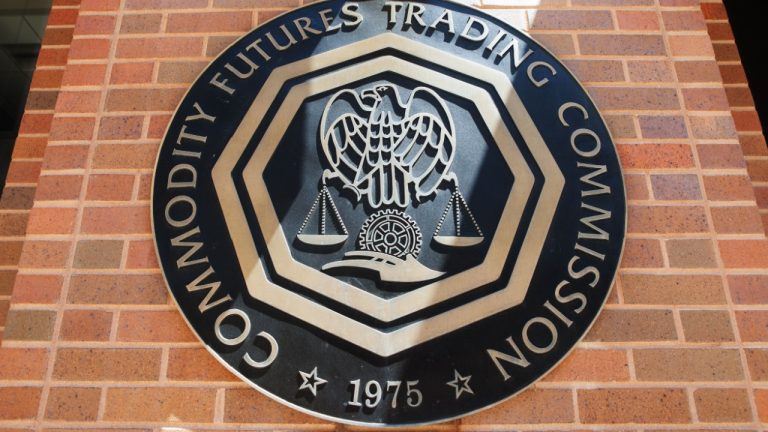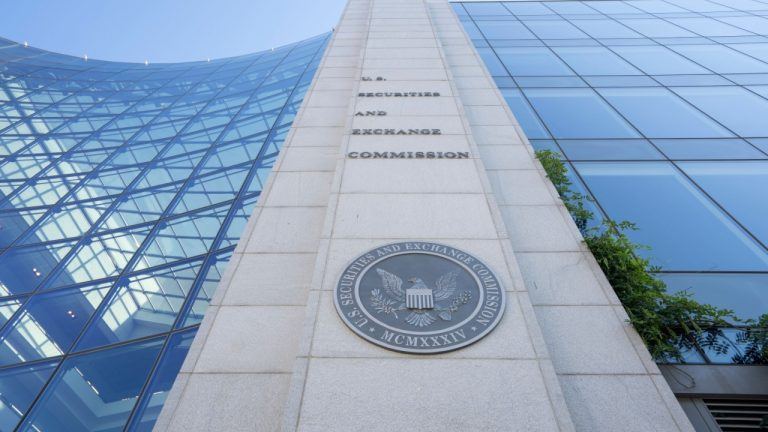
Economists debunk the banking system and win the Nobel Prize

Three economists were awarded the Nobel Prize in economic sciences for their decades of research on societal reactions to financial crises and avoiding bank collapses.
Three economists were awarded the Nobel Prize in economic sciences on Oct. 10 for their discoveries which are said to have improved “how society deals with financial crises.”
Ben Bernanke, Douglas Diamond and Philip Dybvig conducted research on the economic role played by banks during times of financial crisis. According to the Nobel Prize Organization, this research included an important finding on why it is not only important but “vital” to avoid the collapse of banks.
Tore Ellingsen, the chair of the committee for the prize in economic sciences, said that:
“The laureates’ insights have improved our ability to avoid both serious crises and expensive bailouts.”
Diamond highlights the important role banks play in society as a middleman between savers and borrowers. Banks can provide depositors open access to their funds while giving the option of long-term loans to borrowers.
Along with stressing the vital socio-economic role banks play, the research also points to the vulnerabilities of banks, which spur rumors of their ‘imminent collapse” in the instance of a run on banks.
As crypto and the Web3 world become more mainstream, banks have new things to consider as societal challenges and adaptations.
Users are now interested in decentralized finance (DeFi) for the very reason of taking out a middleman between them and their liquid assets. DeFi, in the non-custodial sense, gives users unfettered access to financial tools they need and is increasingly used as a tool to help the unbanked.
However, as a Bloomberg analyst reported, many who have been used to the security found in traditional finance have a “fear of the unknown” when it comes to activity in DeFi and crypto.
Related: Institutional crypto custody: How banks are housing digital assets
Banks and major TradFi corporations have taken hints from the increasingly relevant and useful role of cryptocurrencies. According to data from the Basel Committee, banks worldwide own 9.4 billion euros in crypto assets.
The Central Bank of Switzerland also claims central banks will be a major proponent to further push DeFi into the mainstream through the right combination of centralization and decentralization.
Banks around the world trying to stay relevant with the shift towards digital currencies and the general digitization of money. Many are looking into developing their own central bank digital currencies (CBDC).
Most recently, the central bank of India released their outline for plans of a digital rupee CBDC.
Go to Source
Author: Savannah Fortis









